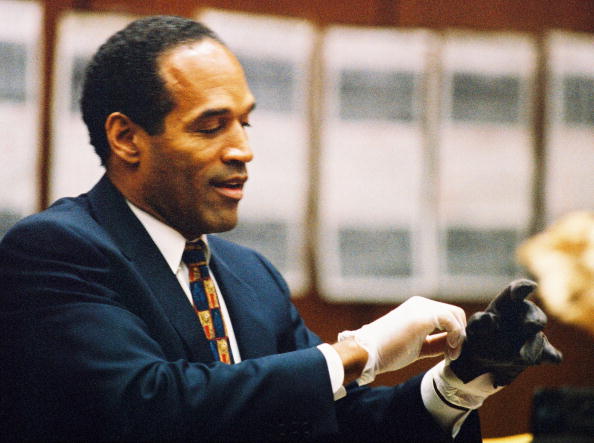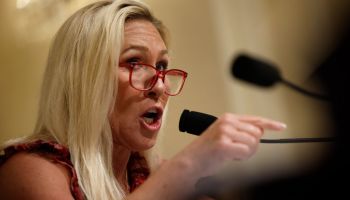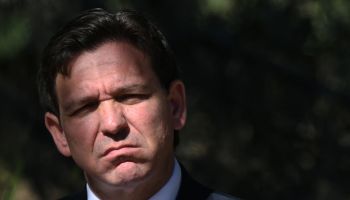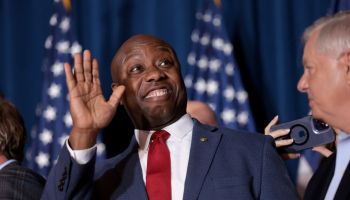Democratic leaders wrestling with health care legislation are confronting a host of knotty issues such as medical malpractice, abortion, illegal immigrants and Medicaid, all the while predicting passage of sweeping health care legislation within a few months.
“That’s the legislative process,” House Speaker Nancy Pelosi said as she and other Democrats shifted from praising President Barack Obama‘s health care speech this week to the less glamorous task of trying to negotiate a bill that will pass muster with a host of opposing factions.
“As issues emerge, let’s drill down on the public option, let’s drill down on what this means to small business, let’s drill down on what this means to seniors,” Pelosi, D-Calif., said Thursday.
Increasingly, events in the Senate Finance Committee appeared pivotal, precursor to likely votes in both the House and the Senate by early October.
Sen. Max Baucus, D-Mont., has said he will convene the committee the week after next to vote on legislation that would meet Obama’s goal of expanding access to health care, providing consumer protection to those with coverage and slowing the growth of medical spending overall.
Still unclear was whether Baucus would get a bipartisan deal after months of negotiating with two other Democrats and three Republicans on his committee — the so-called Gang of Six. If he doesn’t, Baucus has said he’ll go it alone, but a bipartisan compromise is still in play, with another meeting set for Friday.
Aides were reviewing lists of proposed changes from members of the group — primarily the Republicans — touching on issues that included how much states must pay for a proposed expansion of Medicaid, prohibiting federal funding of abortion, reducing medical malpractice costs, ensuring illegal immigrants don’t get insurance and a possible phase-in of coverage for legal immigrants.
Support from two of the Republicans — Chuck Grassley of Iowa and Mike Enzi of Wyoming — looked uncertain. The third, Olympia Snowe of Maine, was a surer bet for Baucus.
Baucus said Obama’s speech to Congress and the nation on Wednesday helped create momentum for his group “and also the recognition that changing the system is an inevitability.”
With that comes the desire to “work a little harder to see if we can figure out a way,” Baucus said.
Whatever bill the Finance Committee approves must be blended with legislation approved earlier in another panel, and is expected to reach the Senate floor by early October. In the House, the three committees with jurisdiction have already passed bills and Democratic leaders were working to combine them before bringing a package to the floor.
Presuming both chambers pass legislation, then would come the daunting task of melding the two bills and bringing the finished product back for final votes in both chambers.
The initial House bill is likely to include a new government-run insurance plan to compete with the private market, but Baucus long ago embraced establishing nonprofit cooperatives instead, and it appears unlikely liberals have the votes in his committee to overrule him.
Baucus and many other senators believe a so-called public plan would be unlikely to get the 60 votes needed to advance in the 100-member Senate. Obama has spoken repeatedly in support of a public plan and did so again in his speech, but he also left room for alternatives like the co-op or a fallback option that would trigger the public plan only if private companies weren’t offering enough choices.
The trigger alternative was getting attention from a number of moderate Senate Democrats who met with Obama at the White House on Thursday, according to several who attended. Some moderates oppose a straight-up public plan.
“His willingness to be flexible on that reassured members of our group,” said Sen. Evan Bayh, D-Ind. “His willingness to say what matters here is the ends, we shouldn’t obsess about the means.”
The moderates also responded to Obama’s commitment in his speech to holding down costs.
















